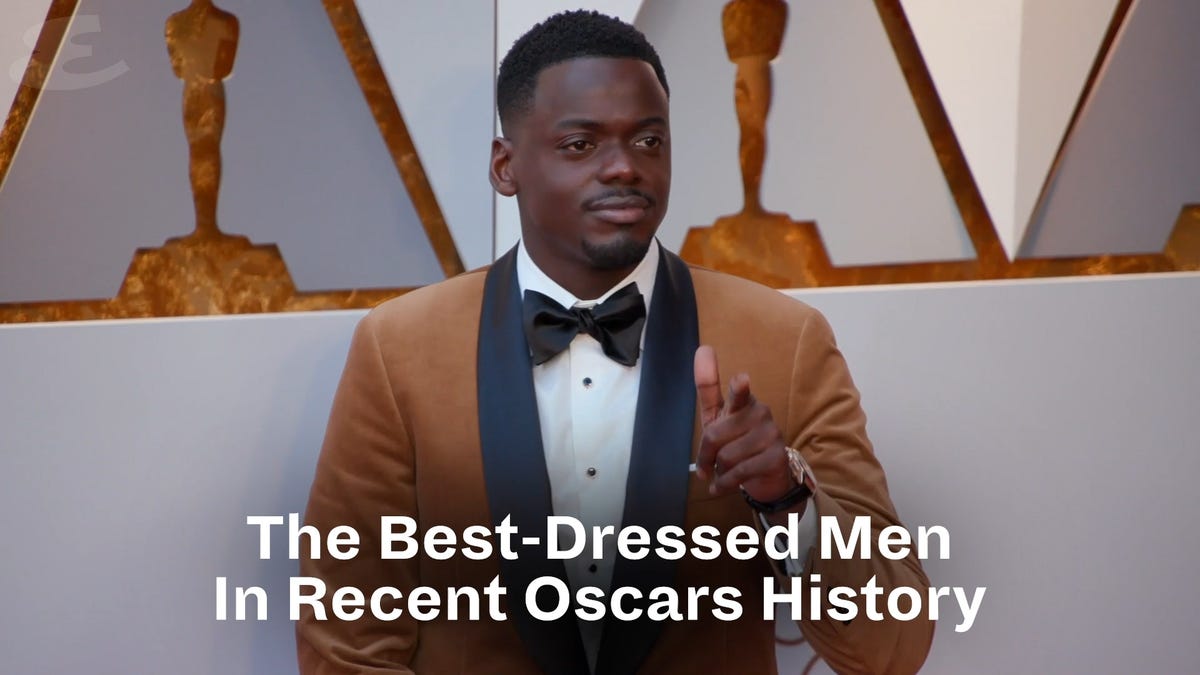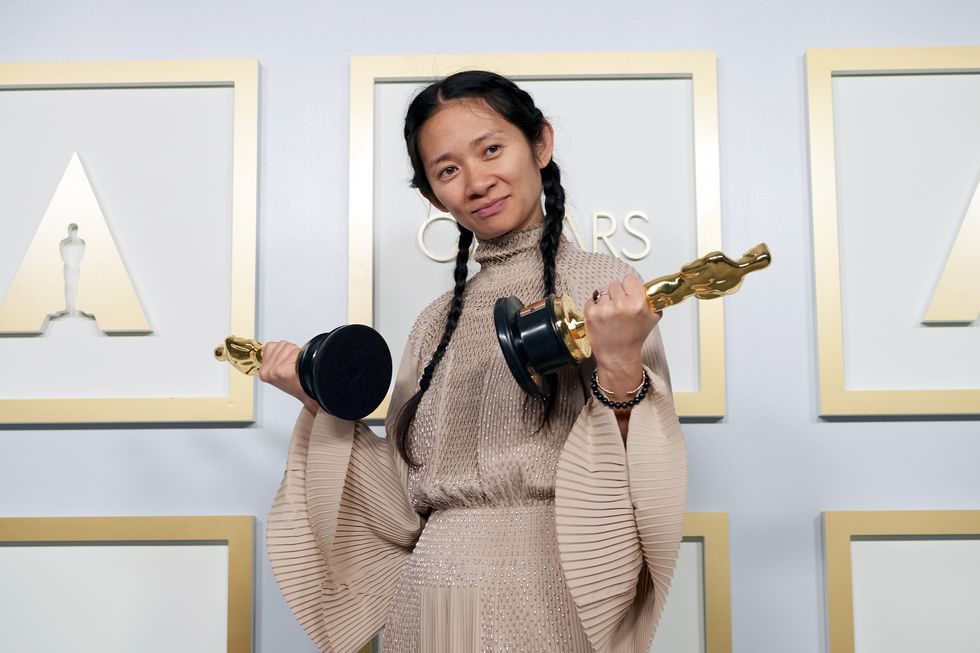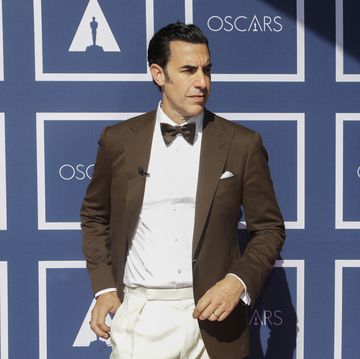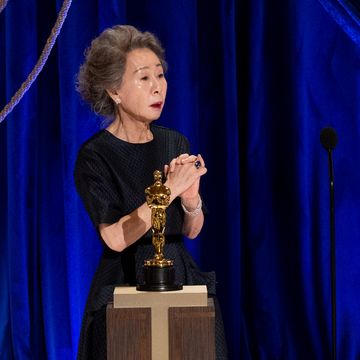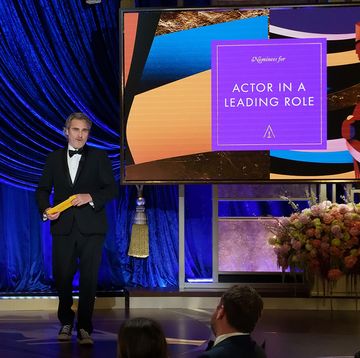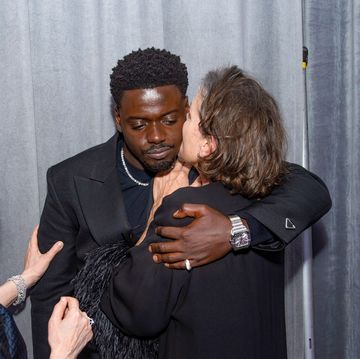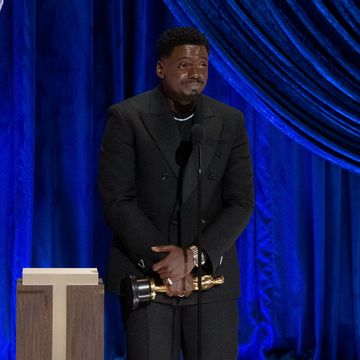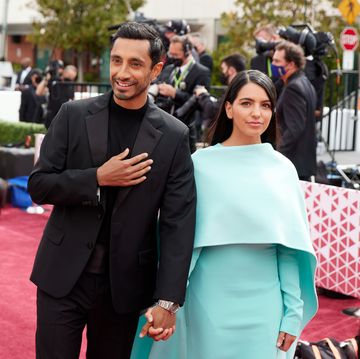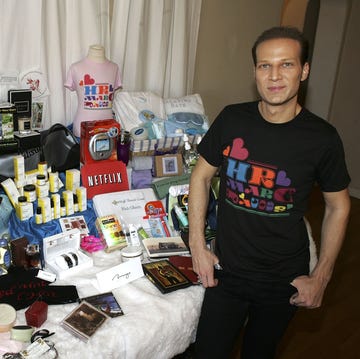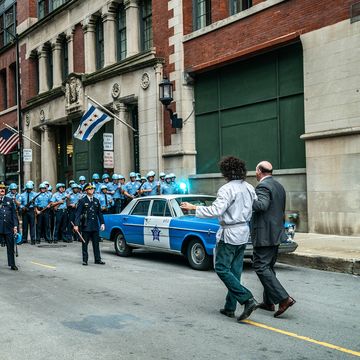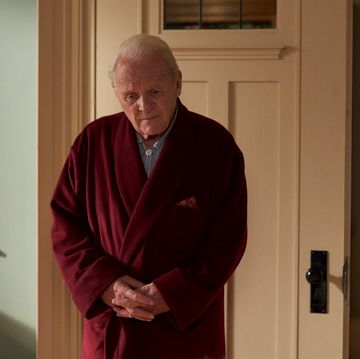Kudos to the Academy. In arguably the worst ever year for the film industry, the 2021 Oscars did at least reward the right people (mostly). Chloé Zhao became the first woman of colour, and only the second woman ever, to take home the best director statue. Nomadland won best picture (the second time a female-directed film won the top prize award), Daniel Kaluuya won best supporting actor for his portrayal of Black Panther Fred Hampton, and Youn Yuh-jung became the first Korean winner of any Oscar acting award, which at least served as a slight corrective to last year's best picture winner, Parasite, earning zero nominations for its cast.
So, yes, progress, although progress with a strong "what? Really? Only the second female director in 93 years!?" flavour to it. Especially considering that abortive 'best actor' big finish, in which Anthony Hopkins – who hadn't even bothered to record an acceptance speech – beat Chadwick Boseman, deflating whatever climactic tribute producers had planned, as the whole ceremony puttered out. Which, to be fair, is an apt summation of the last 12 months in movies.
The hope is that the next 12 months will see cinema bounce back, as big screens reopen, blockbusters that should have arrived months ago finally get their much-delayed premieres, and global production starts to thrum again. It's impossible to tell from this vantage quite how the films nominated this year will age, but wonderful as they are, it seems unlikely that 2021 will stack up against 1976 (One Flew Over the Cuckoo's Nest! Jaws! Barry Lyndon!) or 2008 (No Country for Old Men! There Will Be Blood! Atonement!) as an iconic, era-defining ceremony. It might – that the best picture nominees were odd, arty and indie, was a refreshing break from the usual big-studio dominance – but we'd bet that bruised Hollywood goes all in on celebrating big-budget, business-as-usual filmmaking next year. Which, sure. But it risks this year's awards being tarnished as the Oscars with an asterisk, the year when a pandemic felled all the Goliaths and let the Davids have the stage.
That would unfair to the deserved winners – Nomadland is a brilliant film; Minari is a brilliant film (though The Trial of the Chicago 7 is absolutely a three-star rainy Sunday afternoon-filler) – but also because the triumph of diverse voices might written off as an aberration in an aberrant year. Unless we see a similarly wide-ranging set of nominees next year, this year's historic victories could, ironically, bolster the arguments of those who claim that Hollywood is a meritocracy in which old white men keep winning just because old white men make better films, which is patently nonsense.
The 2022 Oscars will be the real test of whether the Academy's attempts to address its #oscarssowhite issues have actually worked. The fallow year means 2021's release schedules are already overcrowded, and there's every chance that next year's nominees will be dominated by Academy favourites like Ridley Scott, David O Russell, Paul Thomas Anderson, Steven Spielberg and the Coen brothers, all of whom have films landing in the awards season window. If the business of Hollywood means things just go back to business as usual, then the industry has problems that are much more existential than just a global pandemic.
Like this article? Sign up to our newsletter to get more delivered straight to your inbox.
Need some positivity right now? Subscribe to Esquire now for a hit of style, fitness, culture and advice from the experts
